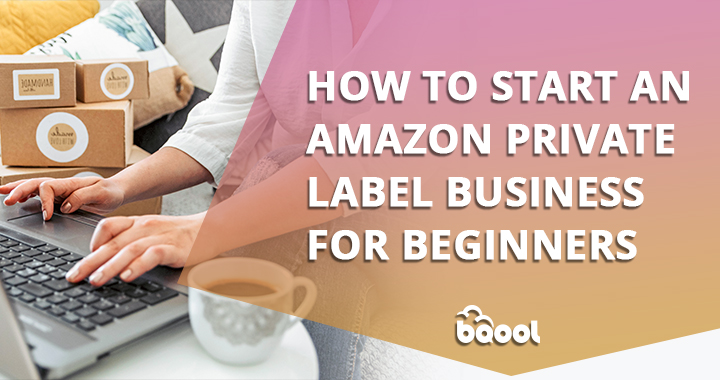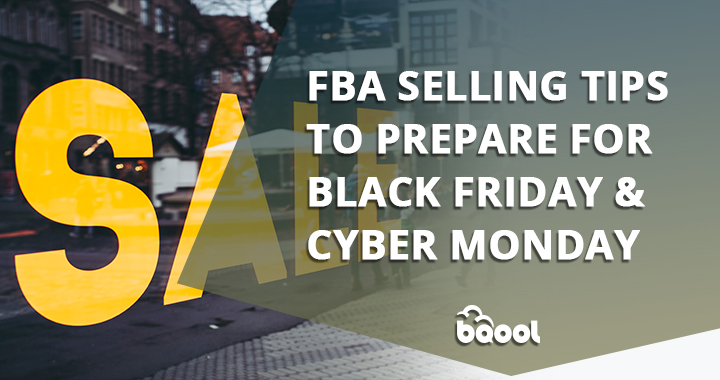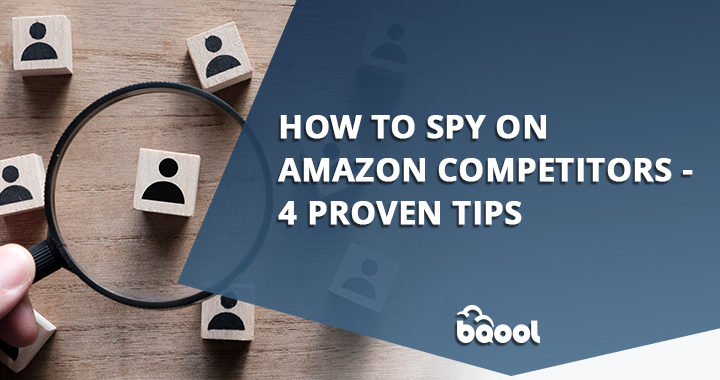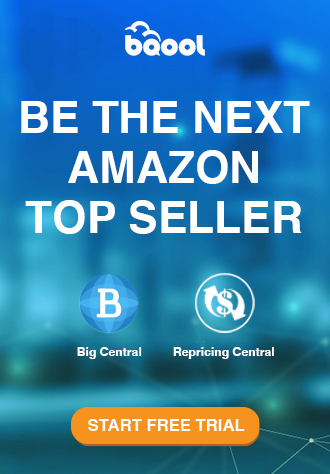How to Start an Amazon Private Label Business for Beginners
Thinking about starting your own business? Creating an Amazon private label may be an opportunity for you to supplement or even replace your existing income. What, exactly is an Amazon private label? It entails locating generic products already in demand on Amazon, developing your own packaging and logo for them, and selling them in a way that beats your competition.
Sounds interesting? Let’s go through exactly what it takes and the steps necessary to create an Amazon private label business, things to be wary of, and legal concerns and considerations to think about during your journey.
Do You Have What It Takes?
Before looking at the specific steps involved with starting your own Amazon private label, let’s briefly look at what it takes to become a successful entrepreneur, regardless of what your business turns out to be. All entrepreneurs have certain traits in common:
- Analytical: Entrepreneurs notice where there is a want or need in the current marketplace and create a solution in the form of a product or a service.
- Adaptable: Entrepreneurs are usually able to perform numerous tasks well. Not only can they produce a product or service, but they can carry the idea to fruition.
- Passionate: An entrepreneur believes in his idea well enough that he can conquer obstacles in his path and inspire others to do the same.
- Disciplined and Self-Motivated: Entrepreneurs must be self-starters and be able to complete tasks, even if they are mundane.
Do you have what it takes to be an entrepreneur? If so, let’s explore, more specifically, how to create a private label Amazon business.
Steps To Create Your Private Label Business
There are various steps you can take to develop your own Amazon business:
- Brainstorm product possibilities. You can search social media, “Hot New Releases” on Amazon, Kickstarter, and IndieGoGo for inspiration. Things to keep in mind about your product: keep the price range between $20-50, make it something you can sell year-round, is lightweight (to avoid higher shipping costs), and make sure it’s not restricted or requires Amazon approval.
- Perform market research to determine if the item you’re considering is worth selling. BQool’s Product Research Tool can give you information on average sales, the number of reviews, and Amazon fees. It even provides a profit calculator.
- Look into possible suppliers and manufacturers of the product and decide on one. Alibaba is a good place to look for suppliers because they allow you to purchase items in bulk from overseas manufacturers. Purchase sample products before committing.
- Create your individualized logo and packaging. This is what makes the product yours; you can put your logo right on the product if you want. Supply nice packaging that will improve your customers’ experience and include your website URL inside the packaging.
- Decide how you will fill the orders. The easiest way is to use Fulfillment by Amazon (FBA). You just send your products to Amazon, and they pack and ship the items for you as well as handle customer service.
- Build your Amazon listing. Make sure you take a high-quality photo of the product and create a title that will be picked up when customers search for the item. Then, use bullet points in the product’s description to point out your product’s features.
- Increase your product’s sales by optimizing its listing. Use Amazon PPC, their in-house advertising system, to place high in the search results, and tweak your keywords by examining what keywords your competitors are using.
By refining these techniques and making them your own, you’ll be well on your way to success.
Considerations for a Successful Amazon Business
Businesses don’t just fail without reason. Now that you know the ins-and-outs of starting your own Amazon private label, let’s look at reasons why you may struggle, and things you can do to prevent that from happening.
- Poor research. Make sure there is a high demand for your product, and that there isn’t too much competition.
- Broad Keywords. Use very targeted keywords. Once again, be thorough with your research.
- Lack of brand identity. Differentiate yourself from all of the “me-too” sellers. What makes your brand special and unique?
- Poor work ethic. Work hard, particularly in the planning stages. Many people are sold on the myth that they can make a fortune with very little effort.
By avoiding the pitfalls and myths, you can increase your chances of a rewarding, lucrative business.
Legal Hurdles
With the pitfalls of owning your own Amazon business, there are also legal issues that you need to be concerned with.
Intellectual property (IP) is one of them. IP relates to any creation of your mind including such things as names, designs, and images that are utilized in business. Therefore, your logo, trademark, and packaging are intellectual property, and like material property, should not be stolen. This applies who people who counterfeit or impinge on your product listings. Luckily, however, you can register your intellectual property rights with the World Intellectual Property Organization (WIPO), who will fight for your rights if they have ever impinged.
When you’re self-employed, there are also additional tax considerations. If you have a business license, you have to file a Schedule C, and don’t forget about keeping track of sales tax, which can be the most stressful part of owning a business. If you process more than $20,000 of orders per year and have 200 or more transactions, you will also receive a Form 1099-K from Amazon. There are also many deductibles you qualify for as a self-employed individual that can save you money:
- Amazon fees
- Cost of your home office
- Software purchased for taxes or inventory
- Cost of advertising
- Shipping supplies and fees.
Taxes can be very confusing. Luckily there is very good tax software you can purchase that will assist you with this not-so-fun part of owning a business.
You’ve always dreamed of being your own boss, and maybe creating your own Amazon private label is just the right fit for you. Use these suggestions and do further research and you may just become the successful entrepreneur you’ve always dreamed of becoming!
Author Bio
Jori Hamilton is an experienced writer from the Northwestern U.S. She covers a wide range of subjects but takes a particular interest in covering topics related to business, marketing, and technology that benefits both of those endeavors. To learn more about Jori, you can follow her on Twitter.










